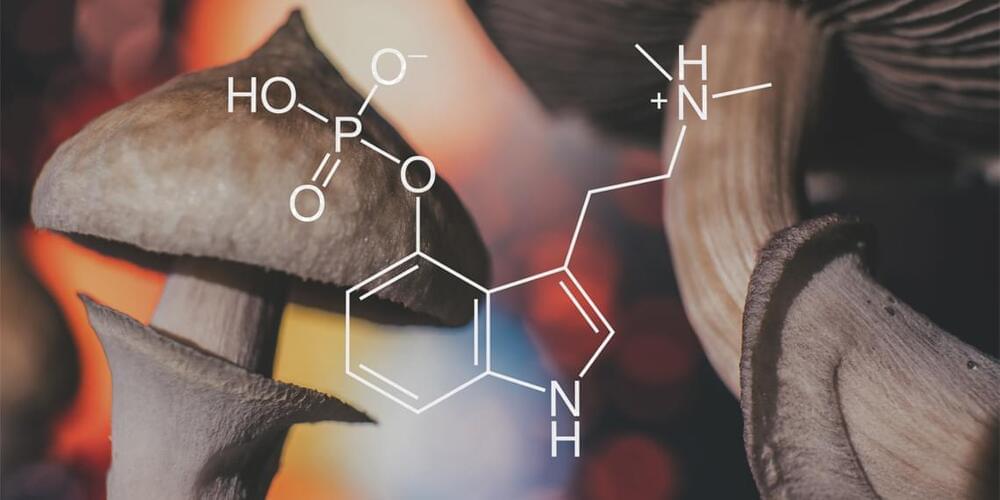Psilocybin has antidepressant-like effects and can improve cognitive function in a rat model of depression induced by chronic stress, according to new research published in Psychedelic Medicine. The findings provide new insights into the potential therapeutic applications of psychedelic substances and highlight the need for further research in this area to fully comprehend the underlying mechanisms.
Psilocybin is a naturally occurring psychedelic compound found in certain species of mushrooms, often referred to as “magic mushrooms” or “shrooms.” In recent years, there has been a growing interest in studying psilocybin and other psychedelics for their potential therapeutic effects. Psychedelics have shown promising rapid and persistent antidepressant effects in humans and animals. However, the exact mechanism behind these effects is not fully understood.
To investigate the cellular and molecular mechanisms responsible for the antidepressant effects of psychedelics, the researchers used an appropriate animal model of depression. They chose a chronic stress-based model for greater translational value, as chronic stress is known to be a significant factor in depression. They specifically focused on female rats, as women are more susceptible to depression than men.
